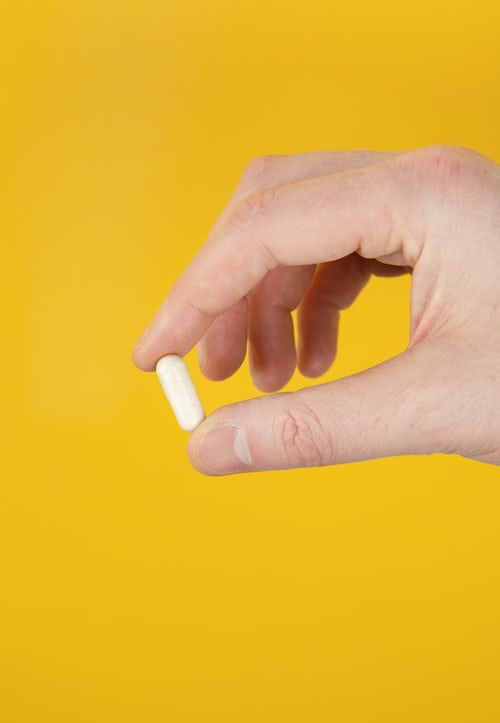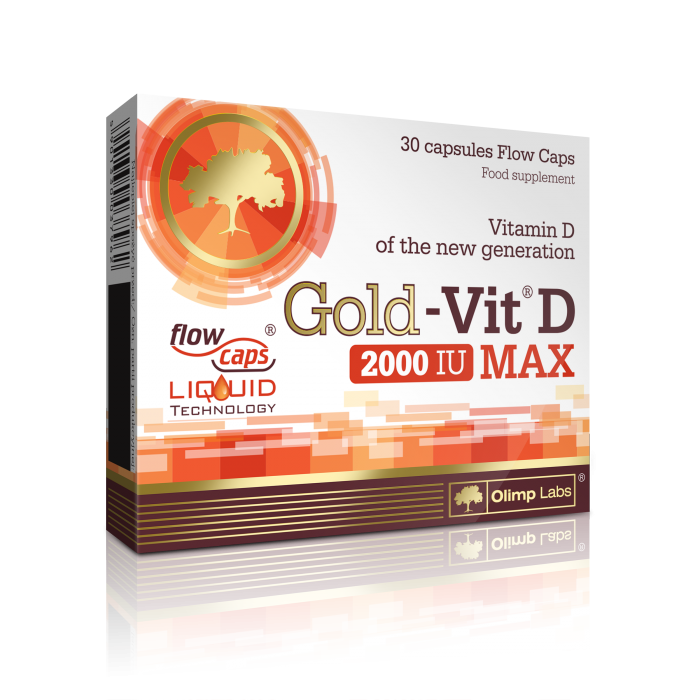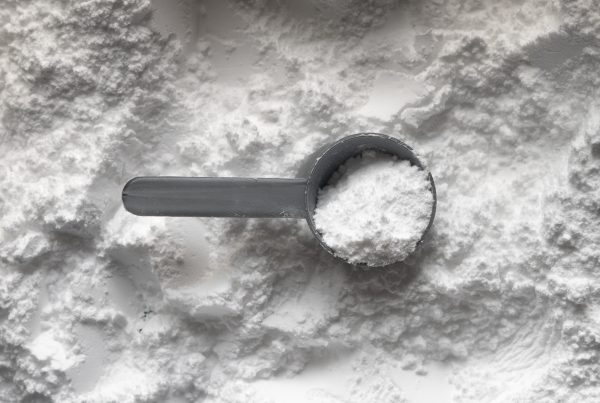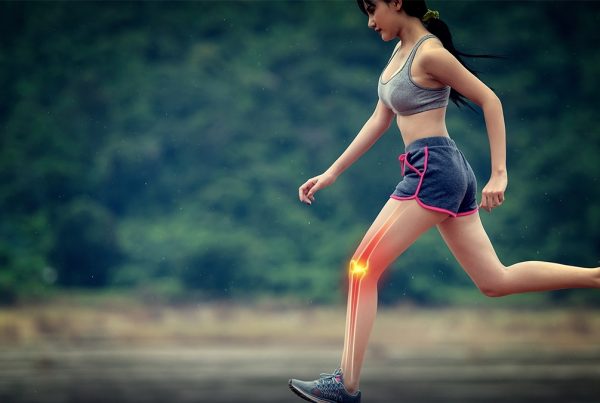by Dr Danica Bonello Spiteri MD MRCP M.Sc.(SRM), M.Sc.(Sp.Biomech)
A 14 year old boy attended the clinic with ‘shin splints’, where he was referring to pain on the shin bones. After a full assessment, a scan was done, reporting the beginning of stress fractures of the shins, whilst a Vitamin D blood test showed that the level was very low.
Vitamin D is needed to maintain strong bones. It absorbs calcium (one of bone’s main building blocks) from food and supplements. People who get too little vitamin D may develop soft, thin, and brittle bones, a condition known as rickets in children and osteomalacia in adults, whilst in sports people it may also manifest as stress fractures, dur to repeated trauma on bones from exercise, usually running.
Vitamin D is important to the body for other functions. Muscles need it to move, nerves need it to carry messages between the brain and every body part, and the immune system needs vitamin D to fight off invading bacteria and viruses. Together with calcium, vitamin D also helps protect older adults from osteoporosis. Vitamin D is found in cells throughout the body.

Vitamin D (also referred to as “calciferol”) is a fat-soluble vitamin that is naturally present in a few foods, added to others, and available as a dietary supplement. It is also produced endogenously when ultraviolet (UV) rays from sunlight strike the skin and trigger vitamin D synthesis.
The adolescent was then treated appropriately assessing movements of running, whilst also supplementing accordingly with Vitamin D, which helped to resolve his painful shin bones.





















Recent Comments